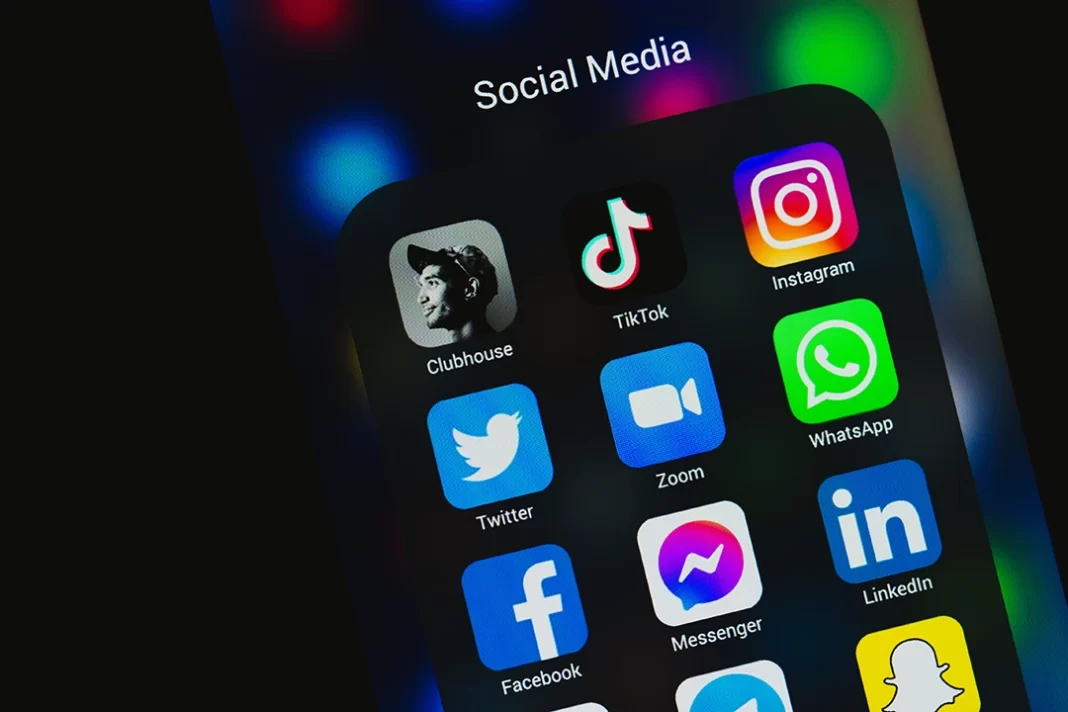HANOI — Vietnam’s new internet law came into effect on 25 December 2024, introducing strict requirements for social media companies and content creators. Under the legislation, tech platforms must store user data within Vietnam and remove content deemed illegal within 24 hours of notification.
The law has drawn criticism from international technology firms and human rights organisations. The Asia Internet Coalition, representing major companies including Google and Meta, described the regulations as a barrier to digital growth in Vietnam. Human rights groups expressed concerns over censorship and the potential for increased surveillance.
Government officials defend the measures, citing the need to combat misinformation and protect national security. “This law ensures that digital platforms align with Vietnam’s cultural values and legal framework,” a Ministry of Information and Communications spokesperson said.
The rise of unregulated social media globally has also raised questions about the role of governments in addressing harmful online behaviour. In Samoa, for example, political debates on social media platforms often escalate into personal attacks, demonstrating the broader challenges of maintaining social cohesion in the digital age.
Vietnam’s approach reveals the tension between regulating online spaces and preserving freedom of expression. Observers will be watching closely to see how the law affects the country’s digital landscape and international business relations.





